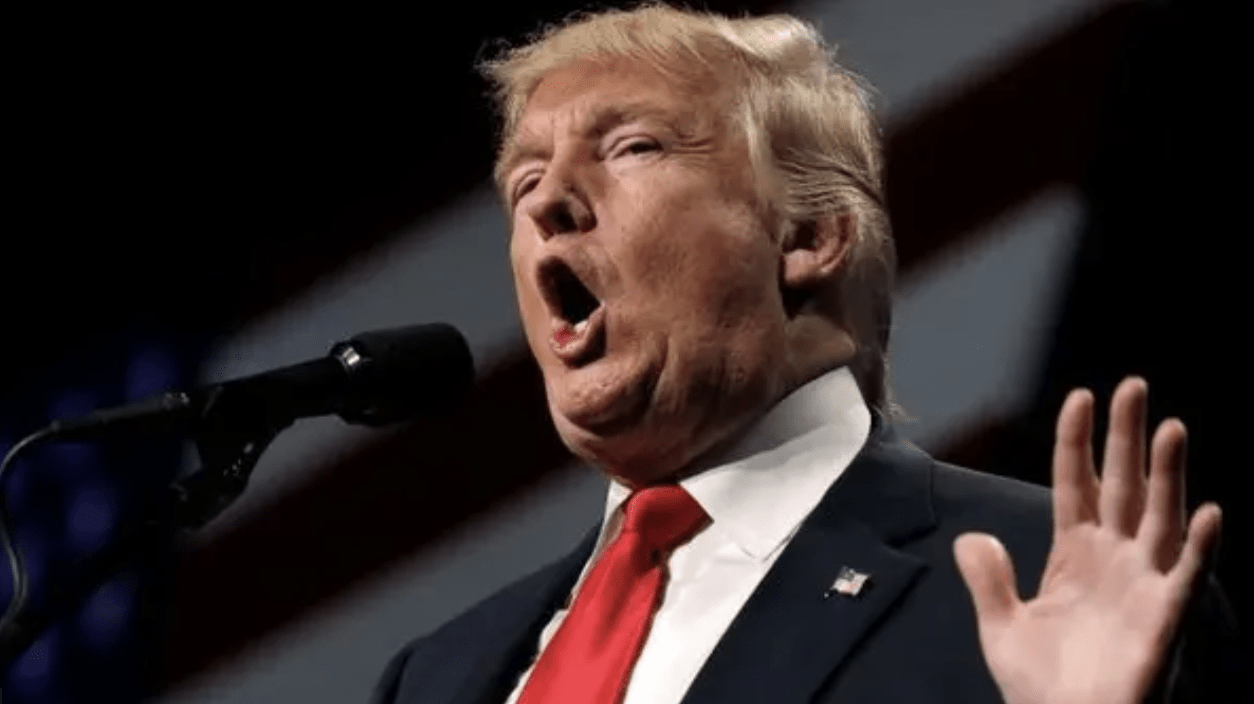Trump’s Doctrine of Unpredictability

AP
By Lisa Van Dusen
December 29, 2016
Donald Trump is arguably the least Canadian president of the United States since the president before Barack Obama, who has been the most Canadian American president since Raymond Massey played Lincoln.
Obama was more popular among Canadians than our own leaders were during his eight years in office and more popular here than there largely because he was what we like to think of ourselves as, whether we always are or not: Cool, worldly and unflappable. He had a beer summit.
It’s hard to find anything that Canadian about Donald Trump. Unlike most Canadian tourists, the time he spends in Trump Tower is, presumably, un-ironic. He has much more money than most of us would really want or know what to do with. He only ever apologizes under duress.
If national leaders represent different aspects of stereotypical national character, Donald Trump represents an American stereotype I never really bought into even before I lived in the U.S. for 13 years: brash, belligerent, xenophobic and omnivorous.
In diplomatic terms, Mr. Trump’s personality, especially the un-chartable, reality-show version on display during the campaign, has spawned a new form of Kremlinology among bilateral relations experts that includes the parsing of 3 a.m. tweets and, quite possibly, the binge-watching of multiple seasons of a game show whose contestants included Gary Busey and Boy George for clues as to where he might stand on the perpetually intractable softwood lumber dispute or Arctic sovereignty.
Is there a Trump doctrine? Do doctrines matter in a post-truth universe (an asinine concept that only serves the purveyors of lies by legitimizing the notion that truth can be obsolete, like an iPhone 4)? Maybe Henry Kissinger, who met with Mr. Trump this week to de-brief on the option-multiplying China-Taiwan reset, would describe the Trump doctrine as an adaptation of his famous quote about enemies: “There is no truth, only interests.”
He has already normalized the abnormal, which gives him a license to act in a vacuum of rational expectation.
Mr. Trump is a practitioner of tactical unpredictability. From the moment on June 16, 2015 when he rode down that escalator and declared his candidacy for the Republican presidential nomination by calling Mexicans murderers and rapists before proceeding to win the Republican presidential nomination despite such behavior, he has both contributed to and benefited from the radical recalibration of our collective suspension of disbelief.
This allows Mr. Trump to meet with famous environmentalists with a straight face the day before appointing a climate change denier to head the Environmental Protection Agency because he has conditioned the shock out of us over months of flagrant contradictions, incendiary tweets, flamboyant threats and double-denial denials that make the pre-Trumpian political convention of post-misspeaking clarification seem like an overweening bit from the 90s SNL duo the British Fops.
There has been speculation that it’s a 21st-century version of Richard Nixon’s madman theory that having foreign leaders think he was volatile gave him an advantage, expanded to include a domestic audience and turbocharged by Twitter. Nothing Trump can do now would surprise us, which is wildly uncharted presidential territory and more than a little unsettling as an unprecedented source of power.
It allowed him to plausibly flout decades of established U.S. foreign policy with the Taiwan overture just as it will allow him to plausibly acquiesce to China on another file when the time comes. He has already normalized the abnormal, which gives him a license to act in a vacuum of rational expectation.
The Trump administration’s Canadian interlocutors can adopt one of two postures in the face of this surreal reality. They can function from the premise that behaviour that can’t be predicted based on any of the traditional metrics is impossible to approach strategically and therefore we should just close our embassy in Washington.
Or, they can energetically cultivate Vice President Mike Pence as a Trump whisperer, spend a lot more time on Capitol Hill and find new ways to love governors. Either way, it likely won’t be like anything they’ve lived through before, including sleeping with an elephant.
Lisa Van Dusen was a Washington columnist for The Ottawa Citizen, Washington bureau chief for Sun Media and international news writer for Peter Jennings at ABC World News Tonight as well as an editor at AP in New York and UPI in Washington.
